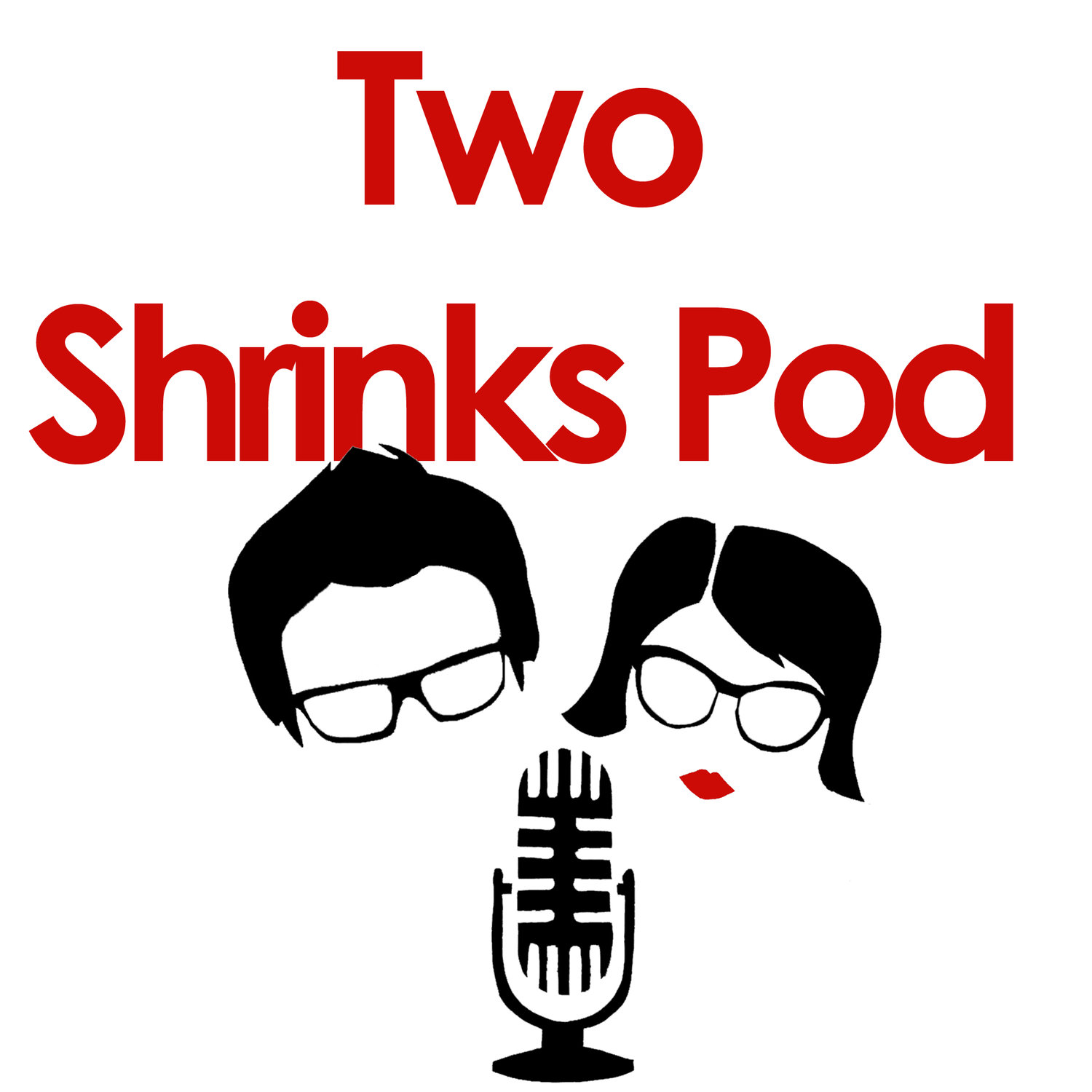58 - Mental health issues during COVID-19: ADHD, OCD, PTSD, Depression, Eating Disorders, Substance Use, Family Issues
/Feeling like your mental health is suffering during COVID-19? Finding that your attention is worse, you’ve started restricting your eating again or are having more compulsions? Then this episode is for you.
We chat about first steps to getting back on track when symptoms flare up during COVID including: ADHD, OCD, depression, eating disorders and PTSD/trauma. We also brainstorm ways of dealing with family conflict, drug and alcohol use, and parental guilt.
To wrap things up, we finish with what we’ll miss about lockdown and when we knew we’d been in lockdown a little too long.
Resources mentioned in the show:
Two shrinks pod COVID page: www.twoshrinkspod.com/coping-with-covid
Bessel van der Kolk & trauma during COVID: https://www.besselvanderkolk.com/blog/how-we-can-nurture-our-mental-health-during-the-covid-19-pandemic
Dr Karen Treisman resource page (for people of all ages, links to ways to manage your mental health & trauma responses to COVID): http://www.safehandsthinkingminds.co.uk/covid-anxiety-stress-resources-links/
Free online CBT programs:
https://thiswayup.org.au/how-we-can-help/courses/
(free during COVID-19)


